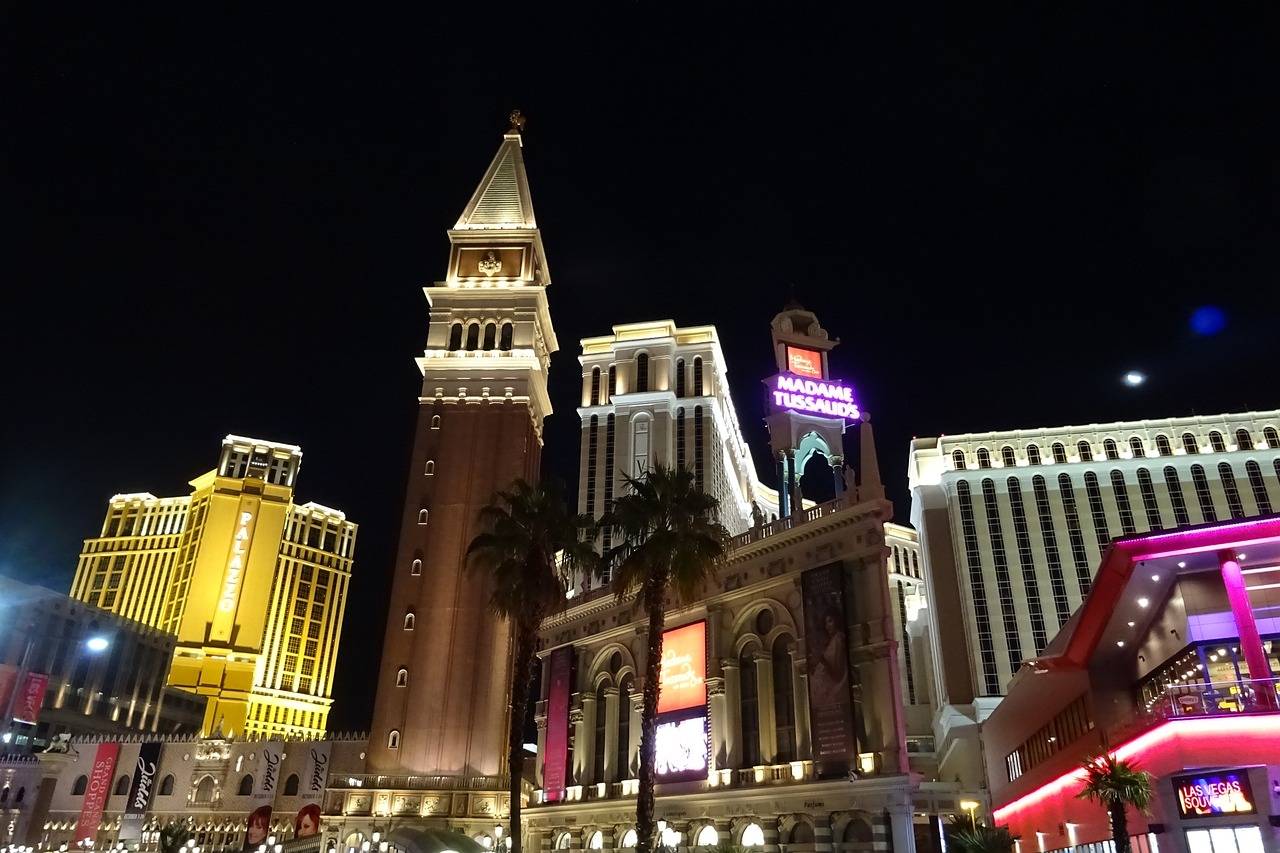Exploring Virtual Influencers: AI Avatars in Social Media Marketing
When comparing virtual influencers to human influencers, one notable difference is the level of control brands have over virtual influencers. Since virtual influencers are computer-generated avatars, companies can easily dictate their appearance, personality, and message. This control allows brands to craft a consistent and tailored image for their virtual influencers to align perfectly with their marketing strategy.
In contrast, human influencers bring authenticity and genuine connection to their audience. Followers are more likely to trust recommendations from real people rather than virtual entities. Human influencers can share personal stories, emotions, and experiences that resonate with their audience on a deeper level, making their influence more impactful and persuasive in some cases.
The Rise of AI Avatars in Social Media Marketing
In recent years, the emergence of AI avatars has significantly altered the landscape of social media marketing. These virtual influencers, powered by artificial intelligence, are revolutionizing the way brands interact with their audience. With their ability to engage and resonate with followers, AI avatars are proving to be a valuable asset for marketing campaigns across various industries.
One of the key advantages of using AI avatars in social media marketing is their versatility. These virtual influencers can be customized to embody any personality or characteristics that align with a brand’s image and message. This adaptability allows companies to create targeted and tailored content that connects with their target audience on a deeper level, ultimately increasing brand awareness and customer engagement.
Benefits of Using Virtual Influencers in Marketing Campaigns
Virtual influencers have revolutionized the landscape of social media marketing by offering a unique blend of creativity, consistency, and cost-effectiveness. These digital personas can be tailored to perfectly align with a brand’s image and message, providing a level of customization that is often difficult to achieve with human influencers. Moreover, virtual influencers are not limited by time zones or schedules, allowing brands to maintain a consistent online presence without the constraints of real-life influencers.
Another significant benefit of using virtual influencers in marketing campaigns is the potential for unlimited scalability and expansion. Once created, these digital personalities can be utilized across various platforms and campaigns without the need for renegotiating contracts or managing conflicting partnerships. This flexibility enables brands to reach a wider audience and experiment with different marketing strategies without the risk of dependency on a single human influencer.





